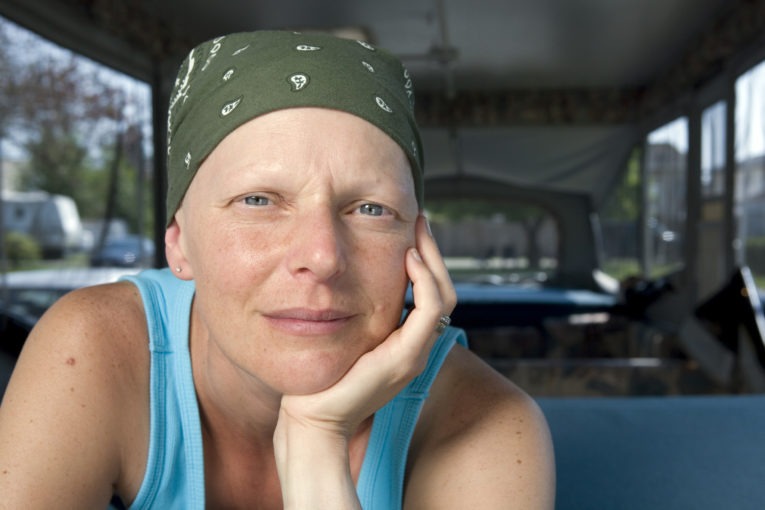A new study reports that many patients with early-stage breast cancer can skip chemotherapy without negatively affecting the outcome of their care. Results were presented as part of the 2018 American Society of Clinical Oncology Annual Meeting in early June and published in the New England Journal of Medicine.
Breast cancer study specifics
The study, known as TAILORx, included more than 10,000 patients from six countries. According to ASCO, the study found that, “Most women with hormone receptor-positive, HER2-negative, axillary node-negative early-stage breast cancer and a mid-range score on a 21-tumor gene expression assay (Oncotype DX® Breast Recurrence Score) do not need chemotherapy after surgery.”
In simpler terms, Shelby Terstriep, M.D., a Sanford Health medical oncologist, explains that patients who are high risk will likely need chemotherapy, patients who are low risk will likely not need chemotherapy, but the intermediate risk patients now have more research to back whether they should have chemo.
“About 40 percent of breast cancer patients fall into that intermediate risk group, and we now know based on this study’s findings that chemotherapy does not offer additional benefit, so it’s not a necessary part of treatment for all patients,” Terstriep says.
Terstriep explained in a KFGO-AM radio interview that patients would still likely need surgery and perhaps radiation, then a hormone-blocking pill. However, they wouldn’t need the chemotherapy in addition to those treatments.
Because chemotherapy affects normal cells as well as cancer cells, the side effects can include nausea, hair loss, infections and fatigue. These findings will now alter clinical practice, sparing thousands of women from receiving chemotherapy as part of their treatment.
Sanford Health’s involvement
Sanford Health sites in Sioux Falls, South Dakota, and Fargo, North Dakota, were involved in the study, enrolling 27 patients.
The organization regularly has more than 150 open clinical trials and over 350 ongoing clinical studies. The goal of these research efforts is to find new treatments and improve the health of all patients.
‘It’s practice changing’
The medical community has long-awaited the study’s results.
“We’ve been waiting nine years for the data to support whether chemotherapy was beneficial for all breast cancer patients,” Terstriep says. “With this research, we were really trying to understand who benefits from the treatment and who doesn’t. We’re always trying to fine-tune treatments.”
For Terstriep, who sees a variety of cancer types in her practice but specializes in breast cancer, the results are already affecting how she treats her patients.
“I have a patient who was intermediate risk and was having chemotherapy as part of her treatment. We’ve already discussed changing her treatment regimen to remove chemo.
“It’s practice-changing for us medical providers,” she says. “For our patients, it’s making treatments more personalized and precise.”
…
Posted In Cancer, Health Information, News, Women's
